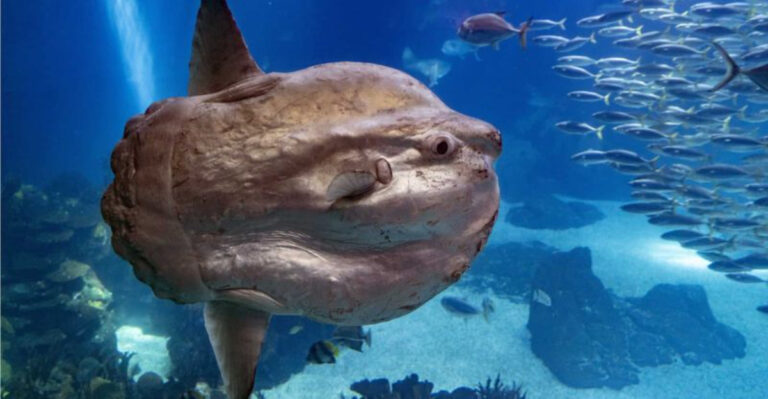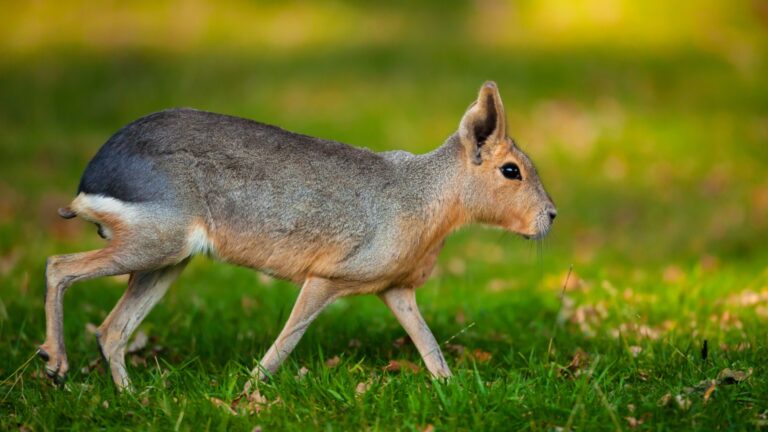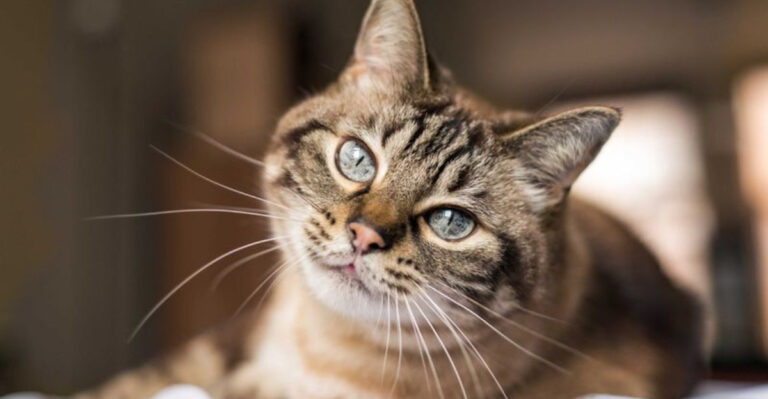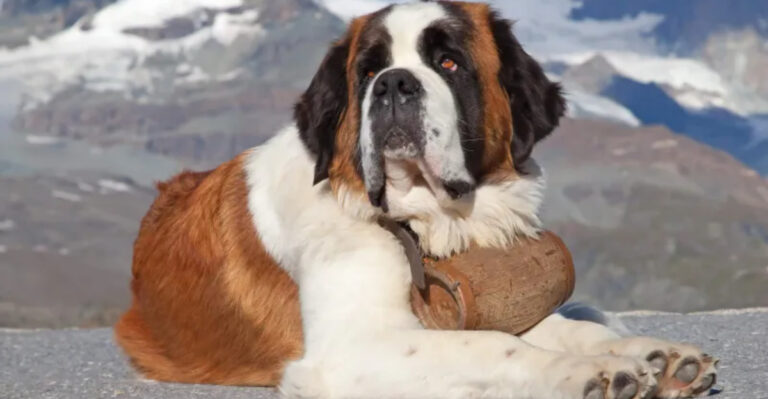15 Dog Breeds That Don’t Bond Well With Their Owners
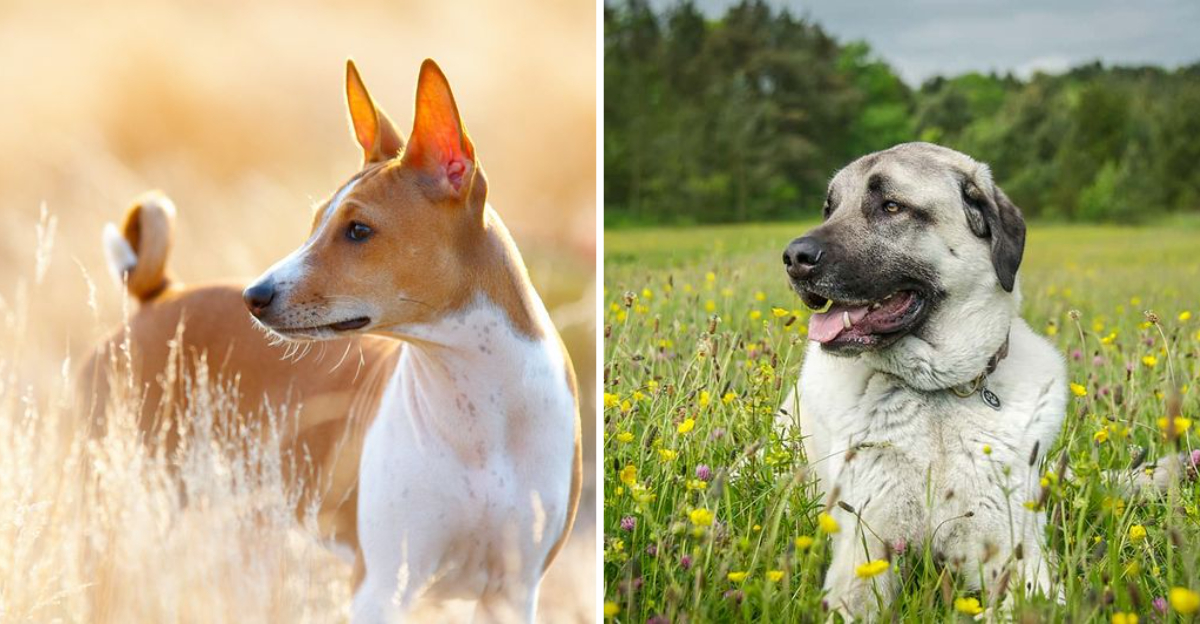
Not all dogs are eager to please their human companions. While many pups live for belly rubs and quality time with their owners, certain breeds march to the beat of their own drum.
These independent-minded canines often prefer doing things their way rather than seeking constant approval.
Understanding which breeds naturally maintain some emotional distance can help potential dog owners make better matches for their lifestyle and expectations.
1. Aloof Afghans
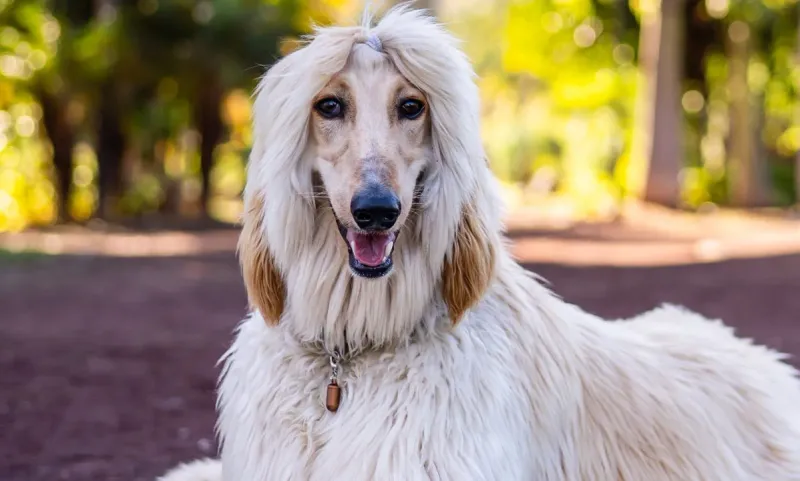
Flowing locks and aristocratic bearing might catch your eye, but don’t expect this ancient breed to shower you with affection. Afghan Hounds operate with a royal aloofness that borders on indifference to their human companions.
Originally bred to hunt independently across rough terrain, these dogs developed self-reliance rather than people-pleasing tendencies. Their distant nature isn’t personal – it’s simply wired into their DNA after centuries of making decisions without human input.
While they can form bonds, Afghans typically view their owners as roommates rather than soulmates. Their standoffish personality makes them challenging for first-time owners seeking a furry shadow.
2. Self-Sufficient Shiba Inus
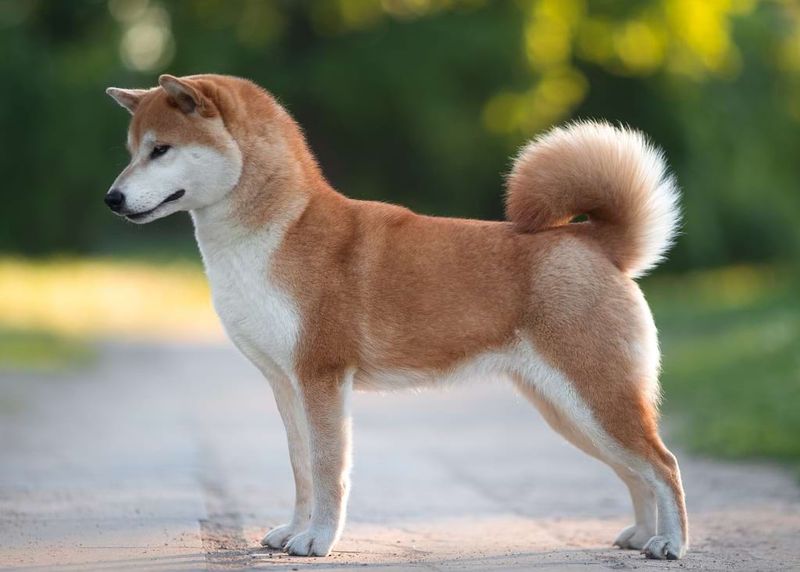
Behind that fox-like smile lies a fiercely independent spirit. Shiba Inus approach relationships with a distinctly feline attitude – they’ll accept your presence but rarely seek approval or validation from you.
Ancient Japanese hunters relied on these compact dogs to flush game without constant direction. This heritage created a dog that thinks for itself and often views training as optional rather than mandatory. Their stubborn streak can frustrate owners expecting eager compliance.
While loyal to their family, Shibas maintain emotional boundaries that puzzle many dog lovers. Their self-contained personality means they’ll tolerate affection on their terms but walk away when they’ve had enough.
3. Standoffish Chow Chows
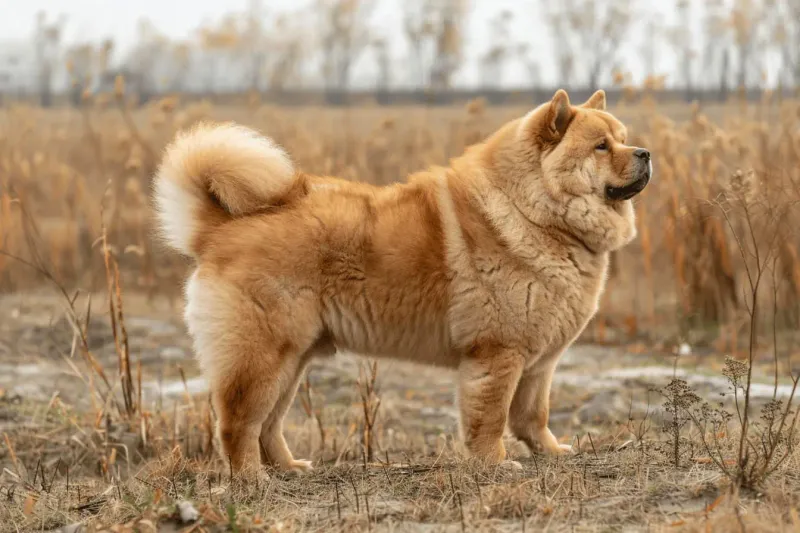
Those teddy bear looks hide a deeply reserved personality. Chow Chows maintain emotional distance that can feel like rejection to owners seeking canine companionship. Their legendary independence dates back to ancient China, where they served as temple guardians rather than companions.
Unlike breeds that live for human interaction, Chows rarely seek affection and may actively avoid excessive handling. This aloofness extends to strangers but often includes family members too. Their one-person loyalty can leave other household members feeling snubbed.
Training challenges compound the bonding difficulties – Chows question why they should follow commands rather than make their own decisions. Their dignity and self-importance create a dog that tolerates rather than adores humans.
4. Autonomous Akitas
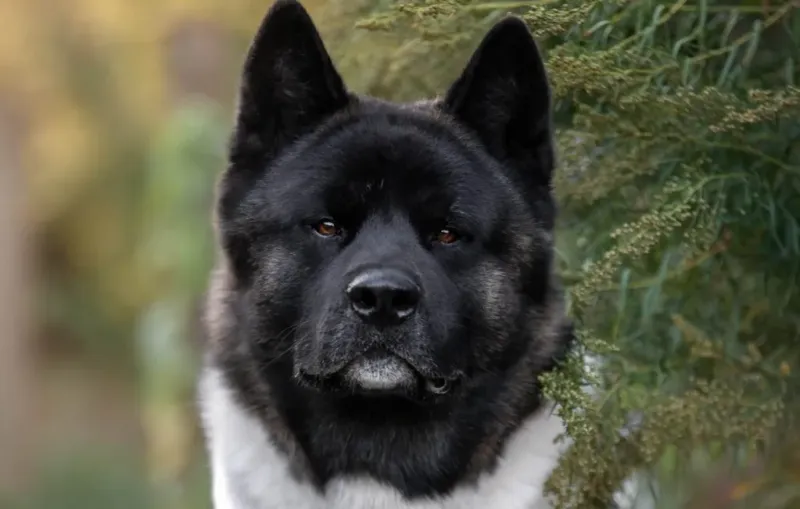
Powerful guardians with a mind of their own, Akitas maintain an emotional distance that surprises many owners. Despite the heartwarming story of Hachiko’s loyalty, most Akitas approach relationships with dignified reserve rather than exuberant devotion.
Bred as independent hunters and guardians in Japan, these imposing dogs developed decision-making skills without human input. Their guarded nature means they observe rather than participate in family activities. While protective of their territory, their detachment can feel like indifference.
Akitas typically form strong bonds with one person while remaining coolly polite to others in the household. Their independent streak extends to training sessions, where they question commands rather than eagerly following directions.
5. Detached Basenjis
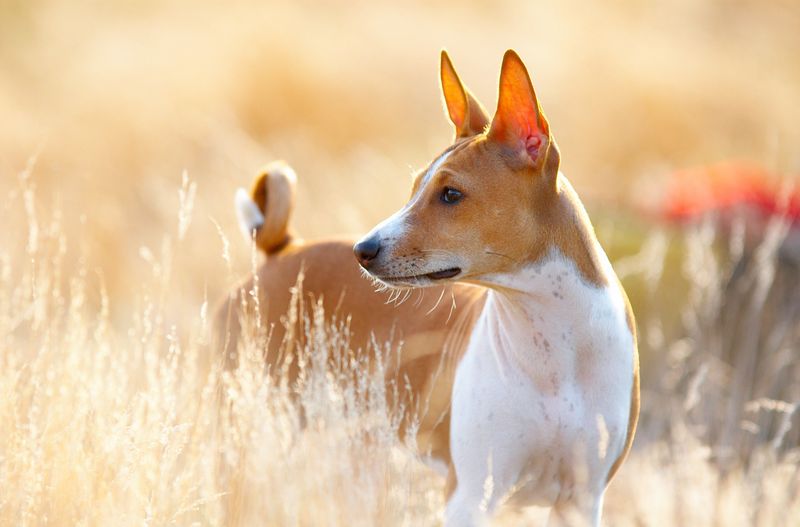
Known as the “barkless dog,” Basenjis are equally famous for their emotional independence. These ancient African hunters approach human relationships with curious detachment rather than eager affection.
Centuries of working without constant human direction created a dog that solves problems independently. Their cat-like grooming habits extend to their personalities – they tolerate handling but rarely seek it out. When bored or understimulated, they’ll find their own entertainment rather than looking to owners for guidance.
While intelligent and alert, Basenjis maintain emotional boundaries that puzzle dog lovers accustomed to more demonstrative breeds. Their self-contained nature means they acknowledge their owners without the desperate need for approval that characterizes more people-oriented breeds.
6. Indifferent Salukis
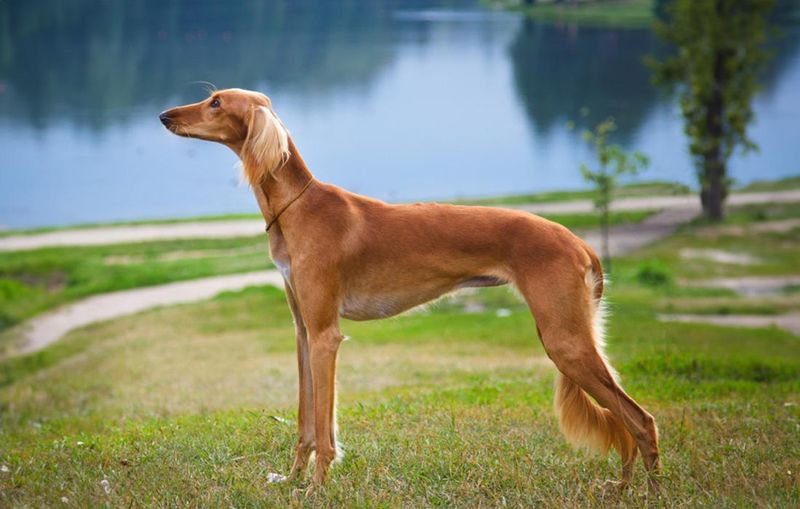
Grace and speed define these ancient sighthounds, but warm fuzzy feelings? Not so much. Salukis carry themselves with aristocratic reserve that borders on emotional detachment from their human families.
Desert hunters for thousands of years, these elegant dogs developed self-reliance rather than dependency on human direction. Their sensitive nature ironically creates distance – they withdraw rather than engage when faced with emotional demands. Many owners describe living with Salukis as having polite roommates rather than devoted companions.
While capable of forming bonds, Salukis rarely demonstrate the enthusiastic affection associated with more people-oriented breeds. Their quiet dignity means they’ll accept gentle attention but rarely seek it out, leaving many owners feeling unappreciated.
7. Reserved Chinese Shar-Peis
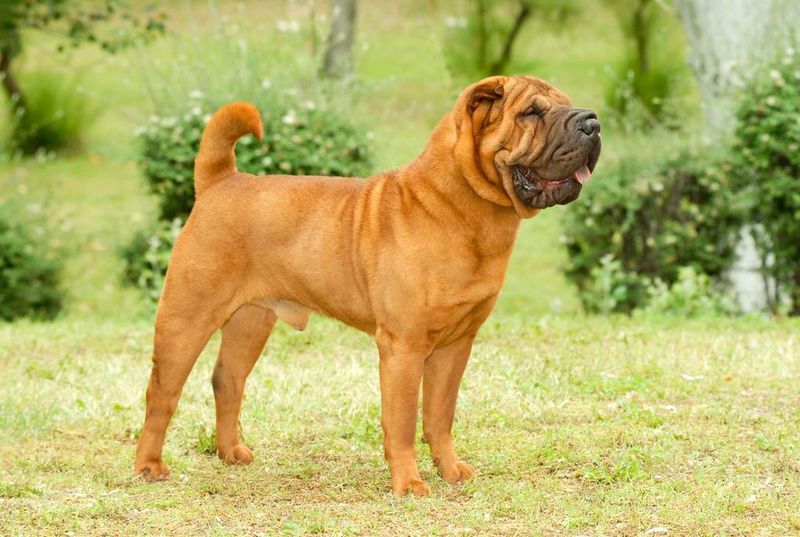
Behind those adorable wrinkles lies a surprisingly standoffish personality. Shar-Peis approach relationships with a dignified reserve that can disappoint owners expecting cuddly companionship.
Originally bred as multipurpose farm dogs in China, these wrinkled warriors developed independence rather than people-pleasing tendencies. Their naturally suspicious nature extends beyond strangers to include limited emotional attachment to family members. While territorial and protective, they rarely seek physical affection.
Shar-Peis typically form selective bonds with one person while maintaining emotional distance from others. Their stubborn streak compounds bonding challenges – they question why they should comply with human wishes rather than following their own agenda.
8. Independent Tibetan Mastiffs
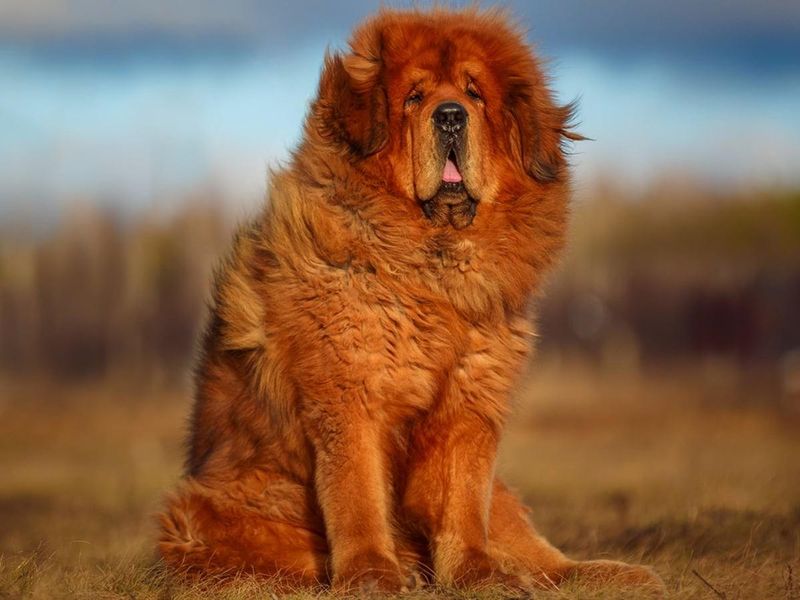
Mountain guardians with minds of their own, Tibetan Mastiffs approach relationships with majestic indifference rather than eager devotion. Their imposing size is matched by an equally formidable independent streak.
Centuries of working without constant human supervision in the Himalayas created a dog that makes decisions independently. Their natural aloofness means they observe family activities rather than participate enthusiastically. While protective of their territory, they maintain emotional boundaries that can feel like rejection.
Tibetan Mastiffs typically view themselves as equals or even superiors to their human companions. Their dignified nature means they’ll accept respectful handling but bristle at attempts to control them – making bonding difficult for owners expecting canine compliance.
9. Solitary Canaan Dogs
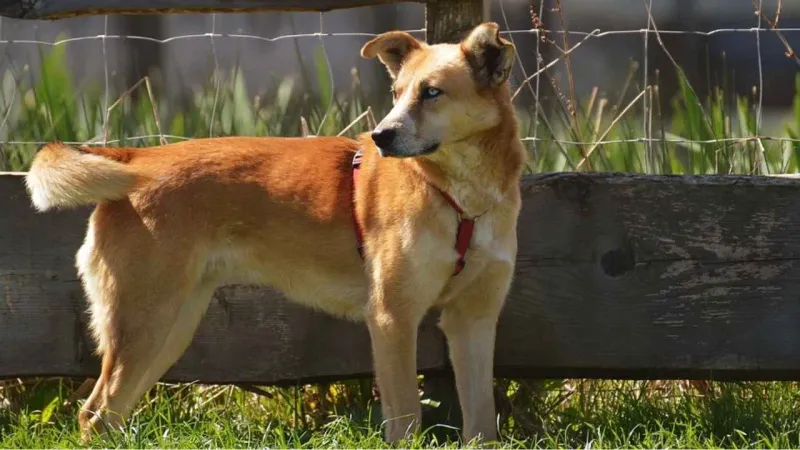
Survival specialists with minimal need for human approval, Canaan Dogs bring ancient independence to modern homes. These Middle Eastern pariahs developed self-reliance through centuries of semi-wild existence.
Natural selection shaped these medium-sized dogs to survive without human assistance in harsh desert environments. Their cautious nature means they observe new situations from a distance rather than diving in enthusiastically. While alert and territorial, their emotional detachment can disappoint owners seeking demonstrative affection.
Canaan Dogs form practical alliances rather than devoted bonds with their human families. Their suspicious nature and independent problem-solving make them challenging companions for those expecting eager compliance or emotional neediness.
10. Disinterested Pekingese
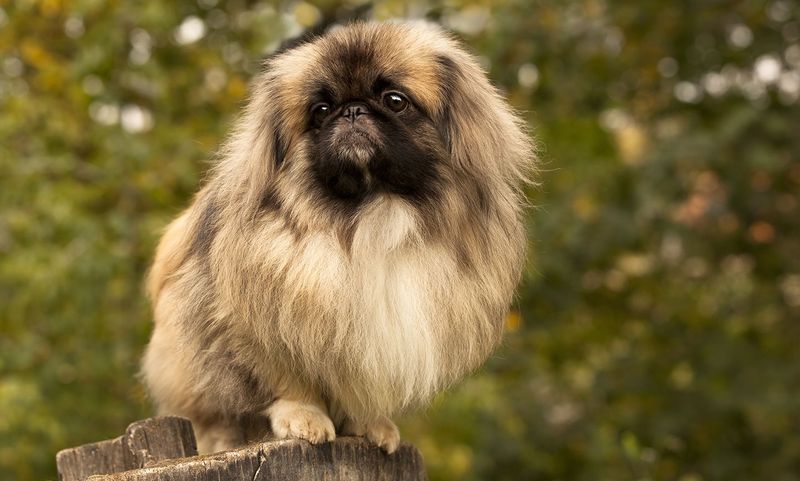
Royal attitude comes standard with these ancient Chinese companions. Pekingese approach relationships with imperial entitlement rather than eager devotion to their human subjects.
Centuries of being treated as sacred temple dogs and royal companions created a breed that expects service rather than provides it. Their independent nature means they decide when affection is acceptable – and when humans should maintain respectful distance. Unlike people-pleasing breeds, Pekingese rarely seek approval or validation.
While capable of forming bonds, these dignified little dogs maintain emotional boundaries that puzzle many owners. Their stubborn streak compounds bonding challenges – they question why they should follow commands rather than issue them, creating relationship dynamics that feel one-sided.
11. Self-Reliant Siberian Huskies
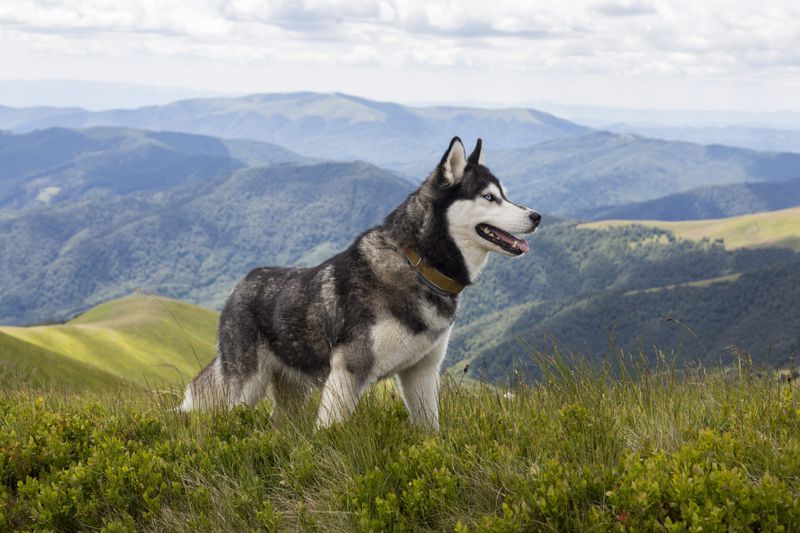
Free spirits of the canine world, Siberian Huskies maintain an emotional independence that surprises many owners. Despite their social nature with other dogs, they approach human relationships with wolf-like detachment.
Bred to work cooperatively in teams while making independent decisions in harsh Arctic conditions, Huskies developed self-reliance rather than handler focus. Their notorious escape artist tendencies reflect a breed that follows its own agenda rather than seeking constant human approval. While playful and energetic, they maintain emotional boundaries.
Huskies typically view their owners as pack members rather than leaders deserving special deference. Their challenge-everything attitude extends to training – they question why they should comply rather than eagerly seeking to please.
12. Autonomous Anatolian Shepherds
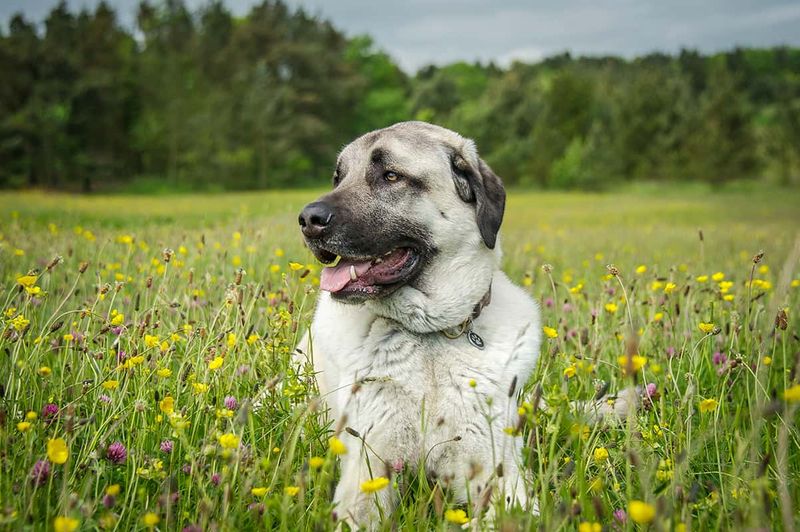
Working guardians with minimal interest in human approval, Anatolian Shepherds bring centuries of independent decision-making to family settings. Their imposing size is matched by equally formidable emotional self-sufficiency.
Bred to protect livestock without constant human direction in harsh Turkish landscapes, these dogs developed confidence in their own judgment. Their natural aloofness means they observe rather than engage enthusiastically with family activities. While protective of their household, they maintain a professional distance rather than seeking affection.
Anatolians typically view themselves as working partners rather than pets seeking approval. Their serious nature and independent problem-solving make them challenging companions for owners expecting emotional neediness or eager compliance with commands.
13. Distant Kuvaszok
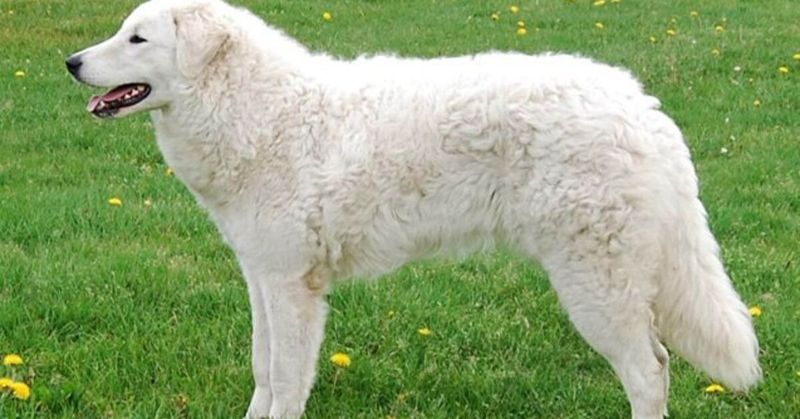
Snow-white guardians with ice-cold emotional boundaries, Kuvaszok approach relationships with professional detachment rather than eager affection. Their impressive size is matched by equally impressive indifference to human approval.
Centuries of independent livestock protection in Hungary created dogs that trust their judgment over human direction. Their natural reserve means they monitor family activities from a distance rather than participating enthusiastically. While protective of their territory, they maintain emotional boundaries that can feel like rejection.
Kuvaszok typically form practical working relationships rather than devoted bonds with their human families. Their dignified nature means they’ll accept respectful handling but rarely seek physical affection – making bonding difficult for owners expecting canine companionship.
14. Aloof Central Asian Shepherds
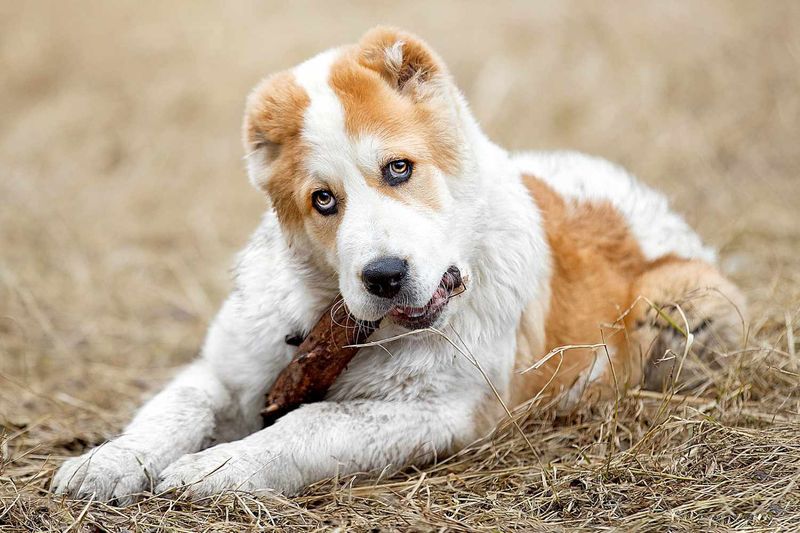
Ancient guardians with zero interest in winning popularity contests, Central Asian Shepherds bring formidable independence to family settings. Their massive size is matched by equally massive emotional self-sufficiency.
Developed through natural selection in harsh Central Asian environments, these dogs learned to make life-or-death decisions without human input. Their natural suspicion extends beyond strangers to include limited emotional attachment to family members. While territorial and protective, they rarely seek physical affection or validation.
Central Asian Shepherds typically view humans as equals rather than authority figures deserving special deference. Their serious nature and independent problem-solving make them challenging companions for owners expecting emotional availability or eager compliance with commands.
15. Detached Xoloitzcuintli
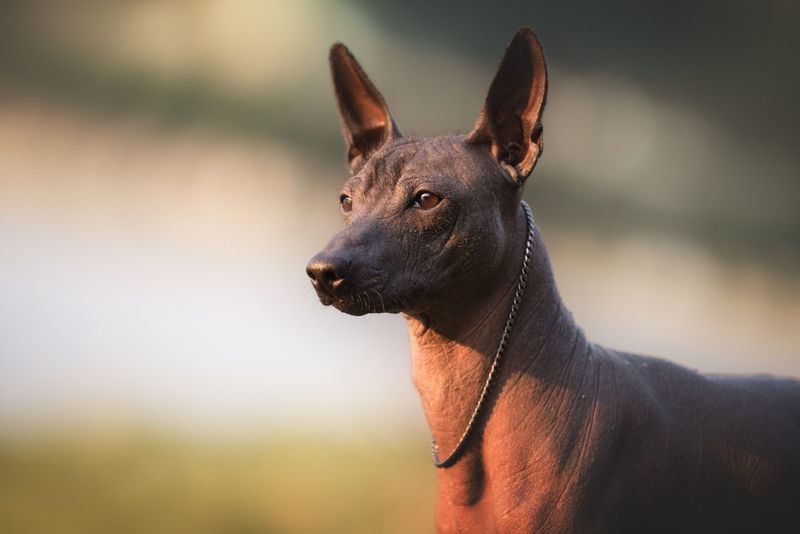
Ancient Mexican hairless dogs with spiritual significance but limited emotional attachment, Xoloitzcuintli (Xolos) approach relationships with reserved dignity rather than eager affection.
Revered as spiritual guides to the afterlife by ancient Aztecs, these distinctive dogs developed self-contained personalities rather than people-pleasing tendencies. Their natural aloofness means they observe family activities with quiet interest rather than enthusiastic participation. While alert and territorial, they maintain emotional boundaries that can puzzle owners.
Xolos typically form selective bonds with one person while remaining politely indifferent to others. Their primitive nature means they follow their own agenda rather than eagerly seeking human approval – creating relationship dynamics that feel more balanced than the devoted submission seen in more domesticated breeds.

